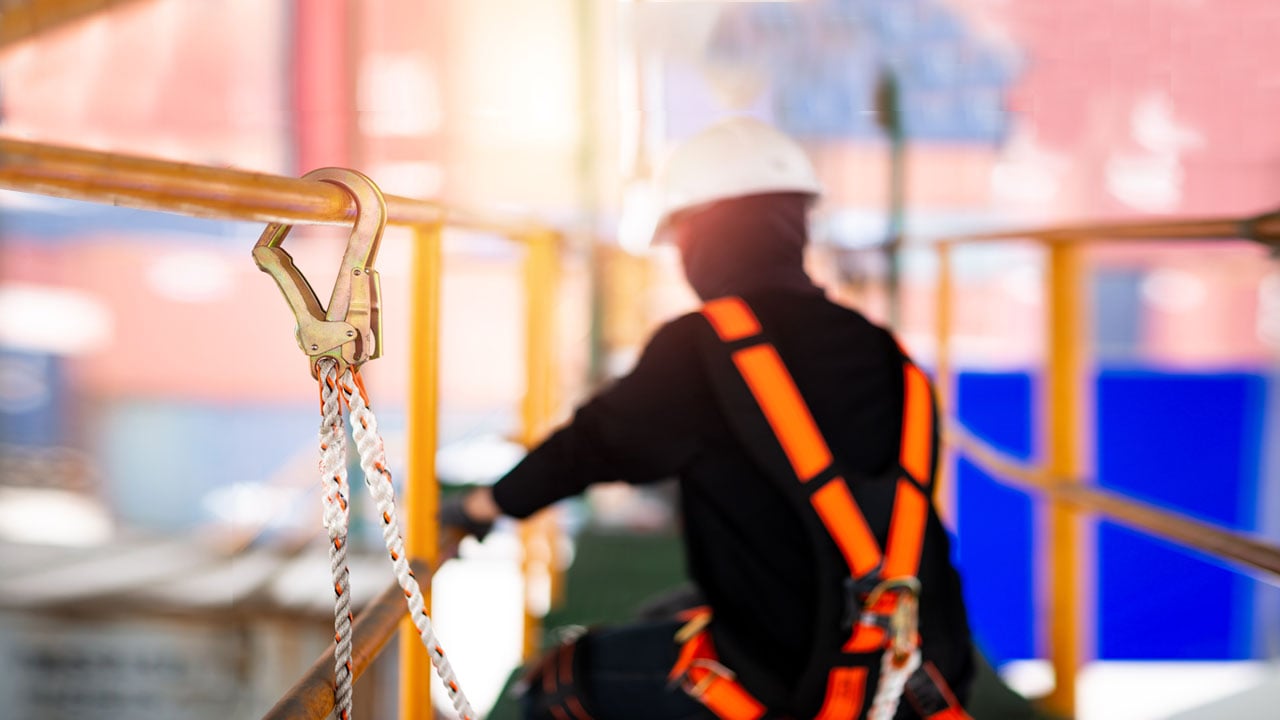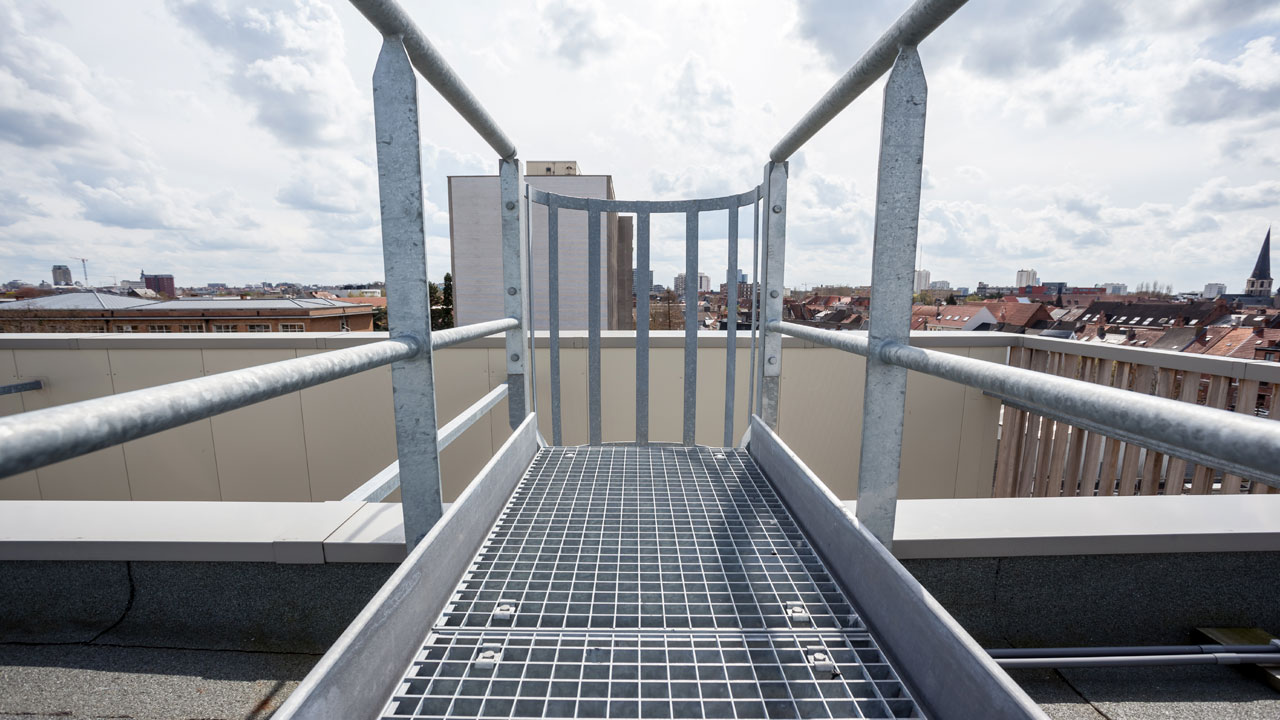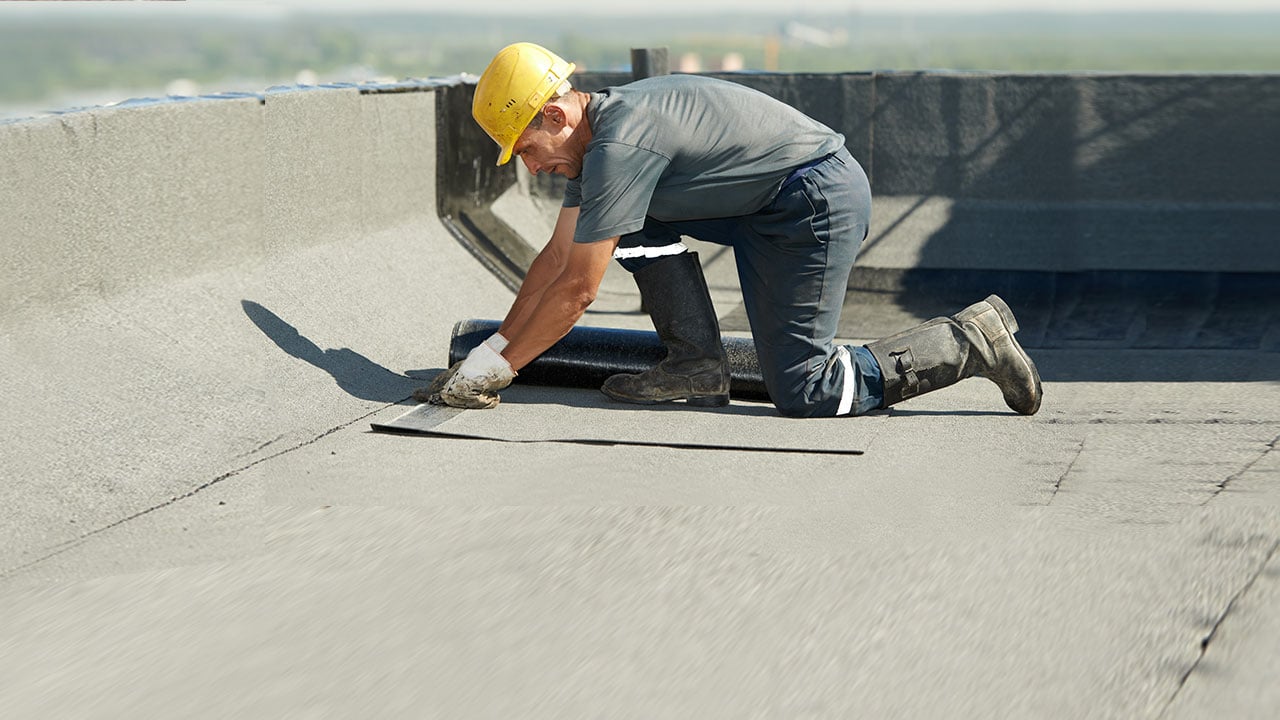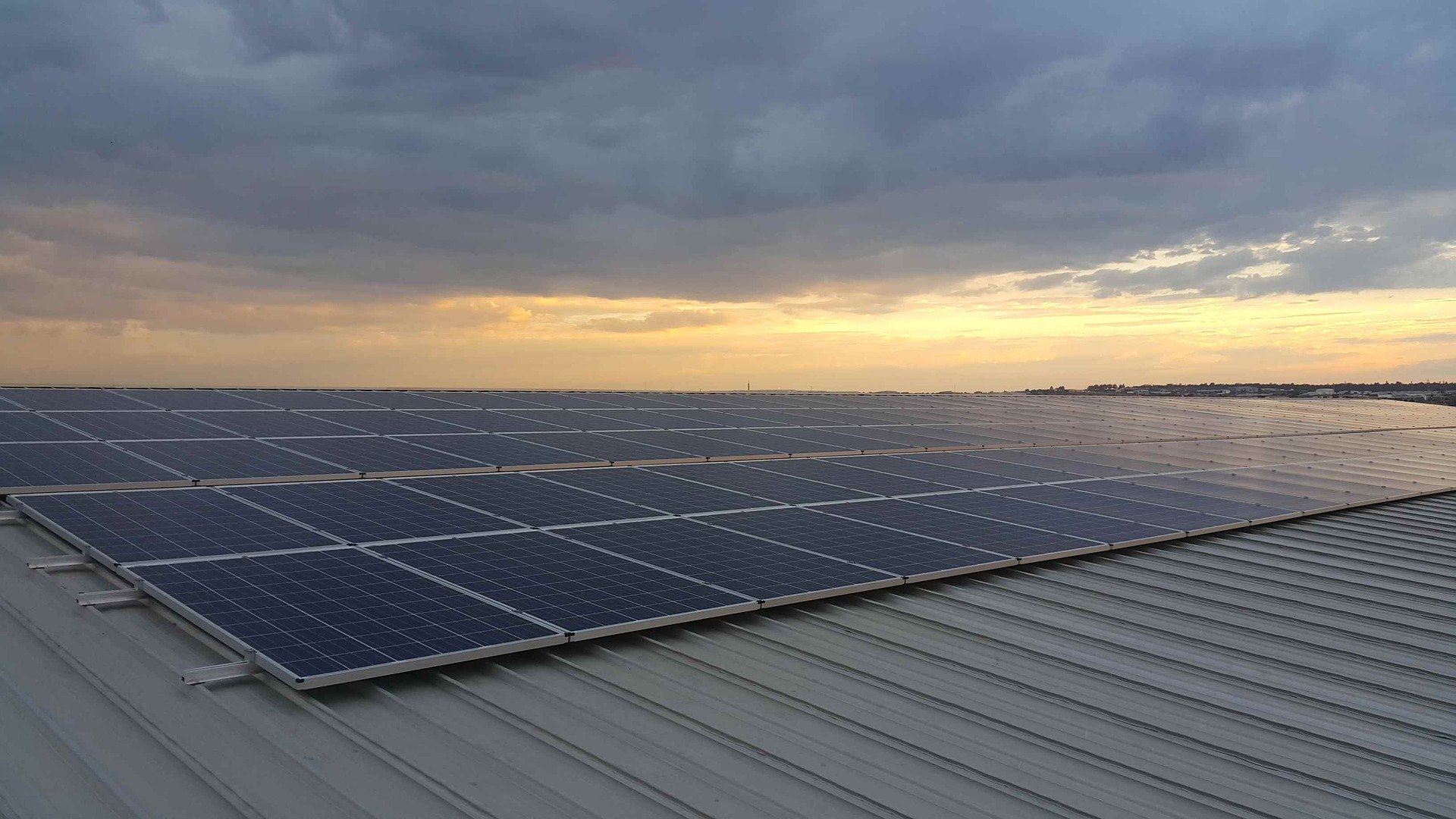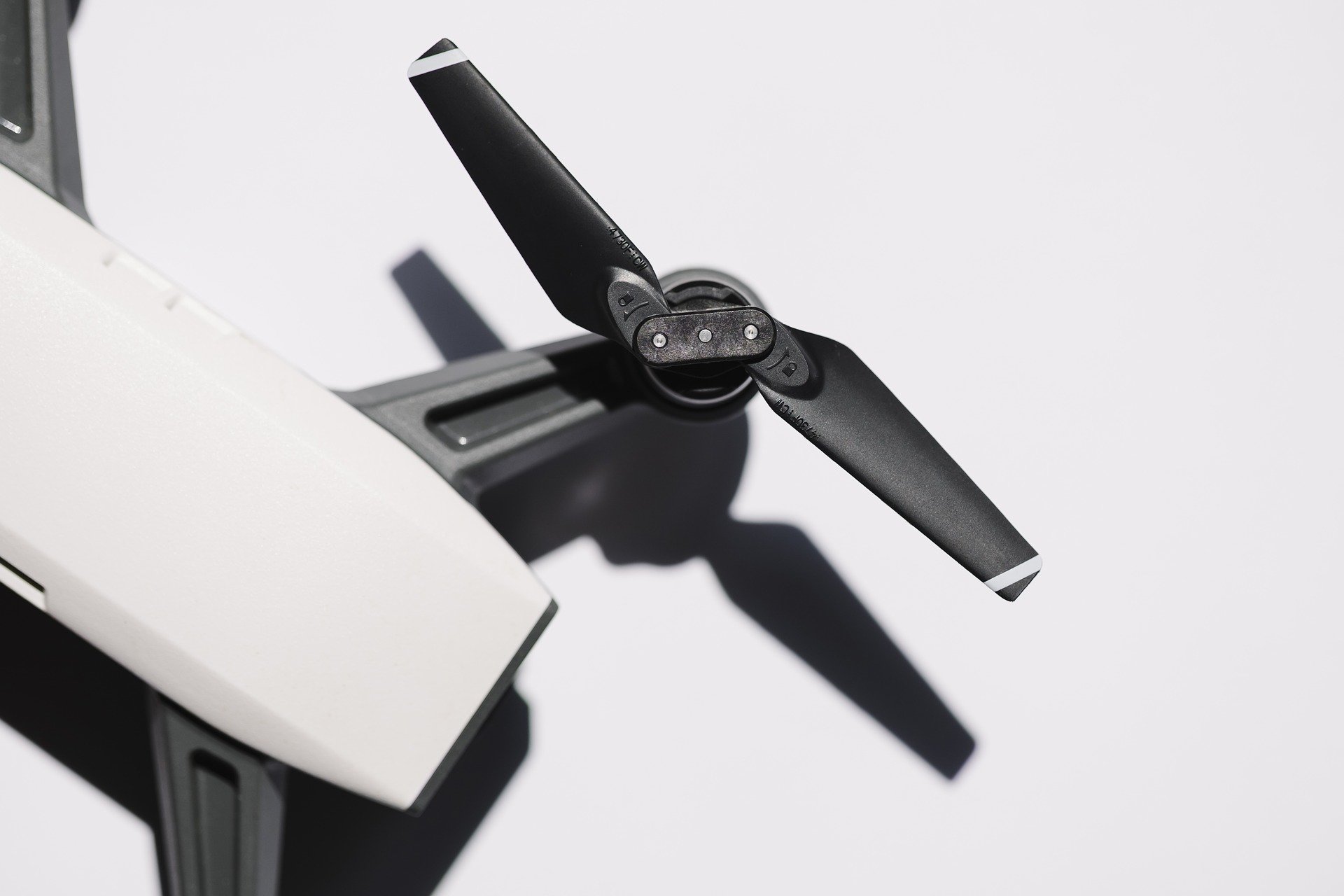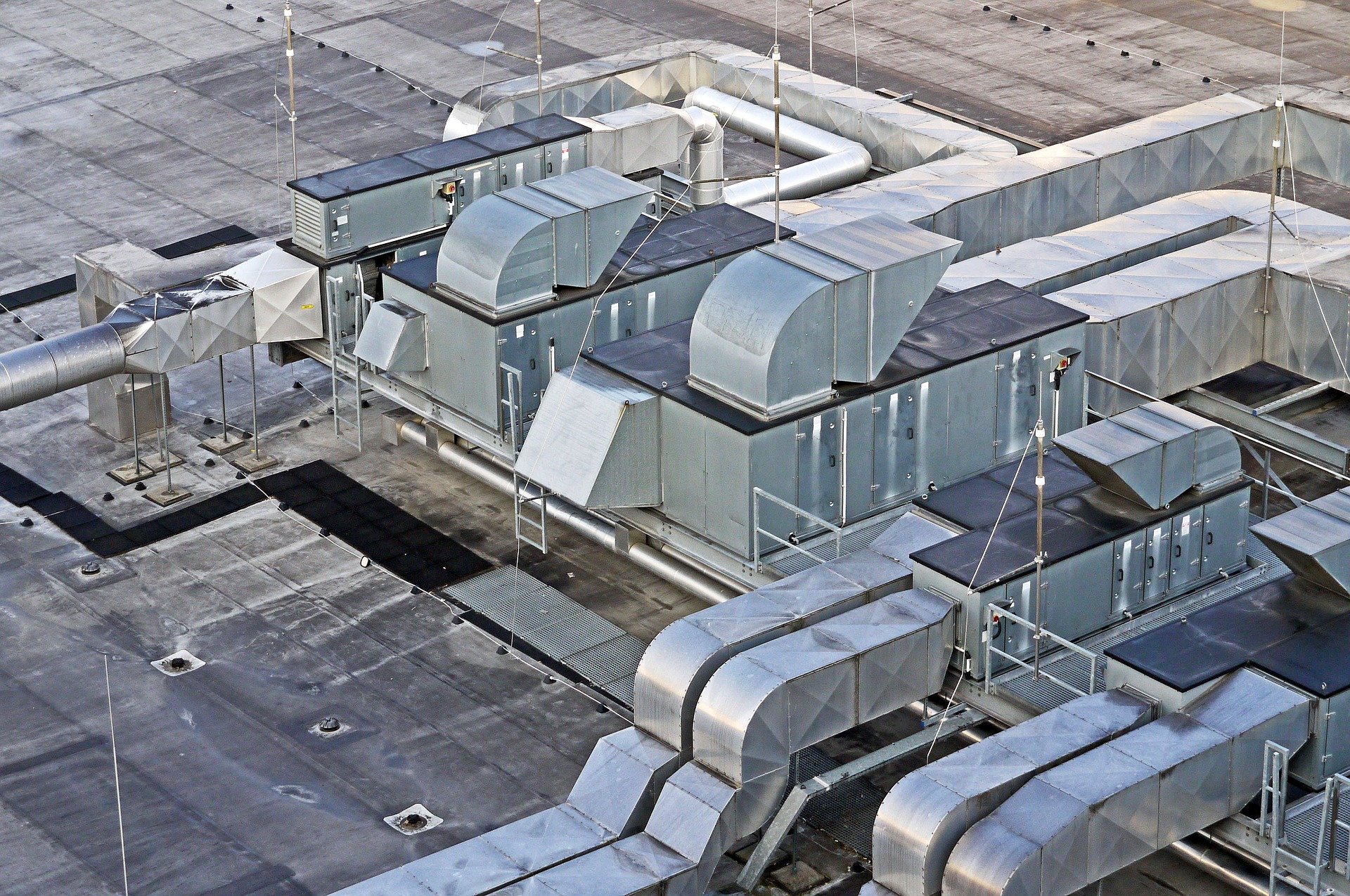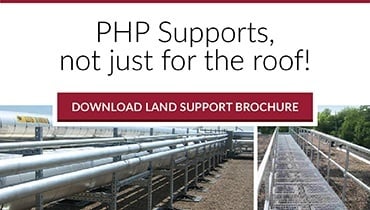When someone falls, someone gets hurt—and the risk is doubled if you’re on top of a roof. Even if you fall on a roof (as opposed to falling from the roof to ground level or a lower-level roof structure), you can still be in considerable danger. That’s because a roof may contain hazards that you wouldn’t want to impact with your body, such as pipe supports, live electrical equipment, or rusted metal. There’s even a danger of falling through a roof if you happen to be standing near a weakened area or a skylight. In other words, rooftop fall protection is more important than most may think.
With so many hazards in play, it’s no wonder that roofing accidents make up over one-third of all fatalities in the construction industry. Since you believe in worker safety—plus avoiding fines and bad publicity—it’s likely that you are interested in the guidelines and techniques that make up rooftop fall protection and prevention. Here are the top four ways to get started:


